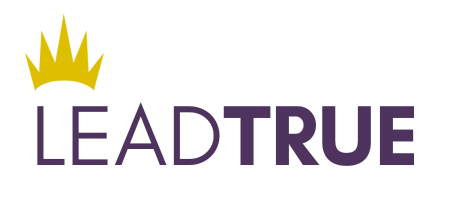The Distinction Between Instinct and Intuition: Unveiling Two Powerful Attributes
In our daily lives, we often rely on our inner compass to make decisions and navigate through uncertain situations. Two terms frequently used to describe this inner guidance are instincts and intuition. While they may appear similar at first glance, instincts and intuition are distinct attributes that shape our behavior and choices in unique ways. Let's delve deeper into their characteristics and explore how they differ while occasionally overlapping.
Defining Instincts
Instincts are innate, biologically driven behaviors that are hardcoded within a species. They are automatic responses to specific stimuli, ensuring survival and enhancing the chances of successful reproduction. Instincts are present from birth and are shared across individuals within a species. Examples of instincts include reflexes, mating rituals, and migration patterns. Instincts are deeply rooted in our genetic makeup and have been honed through evolution. At Lead True we are using the Kolbe A assessment to help us understand our innate, unchanging way of approaching challenges.
Understanding Intuition
Unlike instincts, intuition is a more intricate cognitive process that operates on a subconscious level. It involves the ability to draw conclusions without relying on conscious reasoning. Intuition often manifests as a gut feeling or a sense of knowing something without being able to explain precisely why. It relies on past experiences, pattern recognition, and subtle cues that may not be consciously perceived. Intuition can provide valuable insights that go beyond logical reasoning, allowing us to make quicker decisions and judgments. At Lead True we unravel this inner process in Visioning Workshops and in the creation of our Integrated Leadership Compasses and Plans.
How Instincts And Intuition Differ
Origin: Instincts are innate and genetically determined, while intuition is developed through learning and experience. Instincts are universal within a species, while intuition is influenced by individual experiences and perspectives.
Complexity: Instincts are relatively straightforward, automatic responses, while intuition involves complex subconscious processing. Intuition draws on a broader range of information, combining cognitive and emotional, and even spiritual inputs to get insights and generate decisions.
Application: Instincts are primarily focused on survival and species-specific behaviors, such as finding food, avoiding danger, or mating, but also when we need to engage our mental energy to conduct a project or solve a problem. Intuition, can be applied to various aspects of human life, including decision-making, problem-solving, and social interactions. Intuition often plays a role in creative pursuits, leadership, and innovation.
Influence: Instincts are less influenced by external factors and are more consistent across individuals within a species. Intuition, however, can be influenced by factors like expertise, emotional states, and personal beliefs. Cultural and social factors can also shape intuitive responses.
How Instincts And Intuition Interplay
While distinct, instincts and intuition are not mutually exclusive. There can be instances where intuition aligns with instinctual responses, creating a synergy between the two. For example, an experienced professional relying on intuition to make a swift decision during a crisis may also tap into instinctual responses honed through years of practice and honoring her innate way of problem-solving.
While instincts and intuition are both remarkable attributes that guide our decision-making and behavior, understanding the distinctions between instincts and intuition can help us make better use of both on our Leadership Journeys.
About the Author
Lead True Global Leader Franciska Dekker is a systems thinker, both a pragmatic person and a visionary idealist. She is an expert in conscious leadership development: leading on a day-to-day from Presence. During 1985-2002 she has held a variety of positions with FAO in Africa and in the Caribbean, and with Wageningen University and Research Centre in the Netherlands. There after, starting in 2000, she changed her career to coaching and leadership development.







Resilience, as seen in the workplace, might feel elusive for many. It’s become a super heroic ingredient leaders use to move through challenges, turn them into opportunities, and call on others to manage their own change effectively.